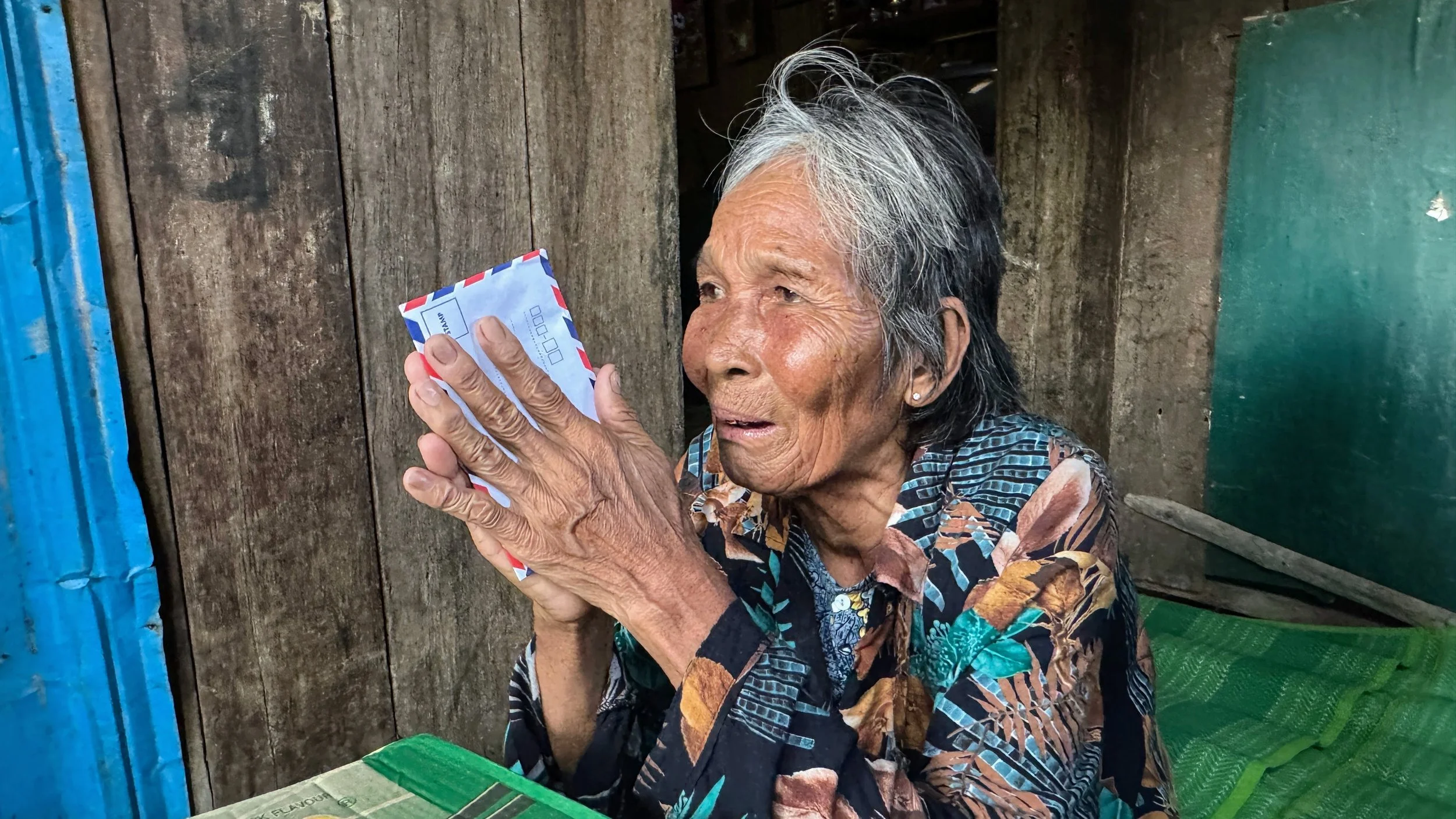Do It Yourself - Tips & Hints from Marc Gold: How to Change the World While Traveling
How do you prepare?
Get a lot of education about the place you’re going to — through reading, watching videos, talking to people, surfing web sites. Learn about the area’s history, politics, and geography. Get there with as much knowledge as possible.
Learn 20 phrases in that language. People appreciate that, and it goes a long way toward making connections.
Do special research into the problems of that country. Find out what the NGOs (non-governmental organizations) are doing. Meet with them when you get there.
How do you raise money?
Talk to people. Write a letter and send it to everyone you know. If you don’t have 100 acquaintances, so what? Do you have 40?
Start a web page. Talk to web designers, let them know what you’re doing, ask if they can help.
If you have time, talk with rotary clubs, be on the radio. It’s all about making the time and having the guts to follow through.
Become a non-profit [this is actually more affordable than you might realize] or become associated with one.
Create a newsletter. Have photos to send, or to show on your web page.
The most important part of raising money? Ask for it.
How do you know whom to donate to?
You meet trustworthy people, and you keep going back to them.
Meet with people at NGOs once you’re in the country, and ask them to connect you to good people who are especially worthy or needy.
Be cool. Hang out for a number of days. Get to know people before you start talking about money.
Trust your instincts. It’s easy for money to go into the wrong hands. One family member can keep it from the others, or it can introduce jealousy. You learn as you go.
The longer you do it, the stronger your connections will be, the more you’ll know whom to trust – and they’ll connect you with honest, reliable, deserving people in the community.
When you’re giving to people on the street, look for people collecting bottles, cans – they’re not begging, they’re working. $3 or $5 goes a long way.
Do a web search for NGOs or NGO directories in the region you’re planning to visit. Visit the World Organization of Non-Governmental Organizations (WANGO), Taking It Global or the Journal of Philanthropy for resources and listings that can get you started.
How do you avoid imposing your ideas about what people need?
Ask. Find out from people who know the area or the organization or from the person him or herself what would make sense.
Look for people who are already trying to help themselves and give them a little boost.
Let people know that the only way they can pay it back is by helping someone else.
What do you say to concerns about being an over-privileged westerner walking into communities and throwing your cash around? If you talk to people who desperately need it, they’ll say, “That’s cool.” But you have to be smart and sensitive about it. There are definitely ways money can do more harm than good.
Ultimately you have to ask yourself, Is it better to sit around doing nothing, or to do something, however imperfect?
Next Page: Sponsor a House Party ->


